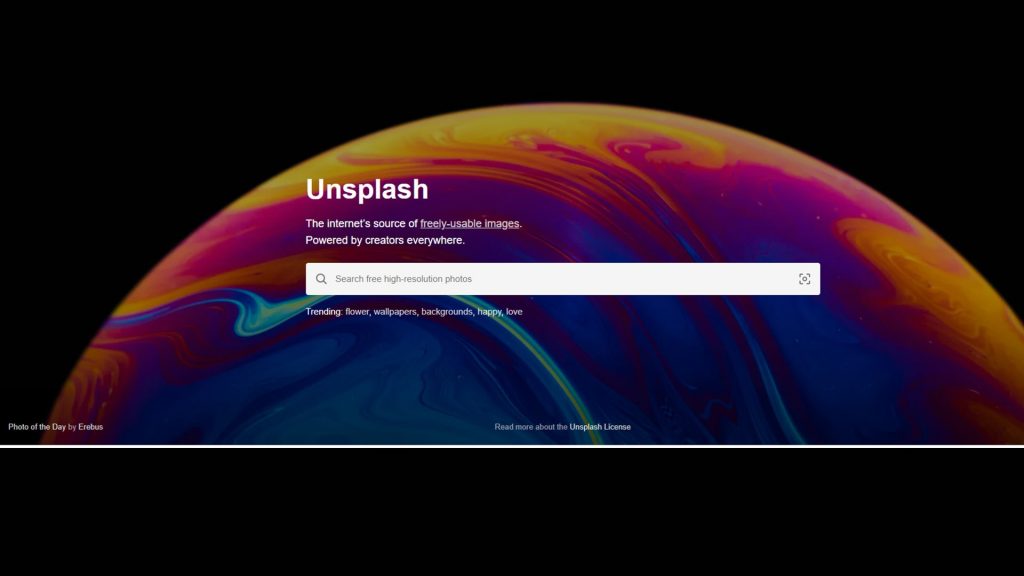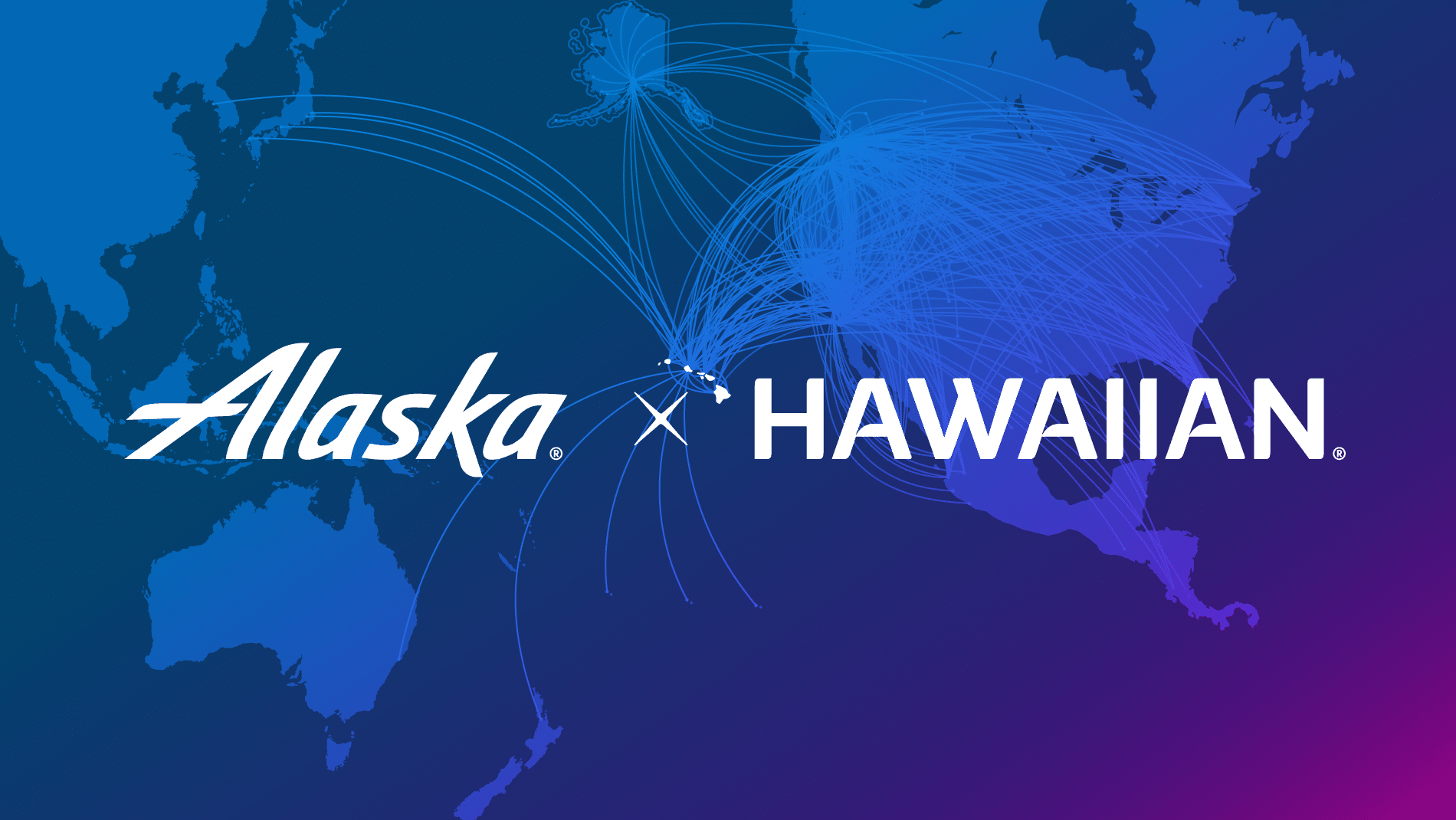Getty Images Completes Acquisition Of Unsplash

The digital landscape shifted dramatically today as Getty Images, a global leader in visual content, finalized its acquisition of Unsplash, the popular platform for freely-usable images. The move consolidates two major players in the image licensing world, raising questions about the future of free stock photography and its impact on creators and businesses alike.
This acquisition is poised to reshape the stock photography market. The deal, announced earlier this year, brings Unsplash's vast library of user-submitted images under the control of Getty Images, a company known for its high-quality, but often expensive, licensing options. Key questions remain about how Getty Images will integrate Unsplash into its existing business model, and whether the platform's free-to-use model will persist.
The Details of the Acquisition
Specific financial details of the acquisition remain undisclosed, but industry analysts estimate the deal to be substantial given Unsplash's widespread user base and extensive image library. Getty Images confirmed in a press release that Unsplash will continue to operate as a separate brand. This separate operation pledge has raised some skepticism amongst industry observers.
The press release further stated that Getty Images intends to leverage its expertise and resources to enhance Unsplash's platform and expand its reach. Unsplash's community of photographers will supposedly benefit from increased exposure and potential opportunities to contribute to Getty Images' commercial offerings. This is according to Getty Images statements.
Impact on Unsplash Users and Contributors
The primary concern among Unsplash users is the potential erosion of the platform's free-to-use ethos. Currently, users can download and use images from Unsplash without payment, subject to certain licensing restrictions. Changes to this model could significantly impact individuals, small businesses, and organizations that rely on Unsplash for visual content. Industry commentators suggest that there may be some changes ahead.
The acquisition also raises questions for Unsplash's contributors – the photographers who freely upload their work to the platform. Will their images still be available under the same free-use license? Will they receive compensation for their contributions? Getty Images has stated that existing licenses will be honored, but the long-term implications for contributors remain uncertain. The uncertainty amongst the contributors is tangible.
"We are committed to preserving the spirit and purpose of Unsplash while exploring opportunities to integrate its content and community with Getty Images' broader ecosystem," said Craig Peters, CEO of Getty Images, in a statement.
Industry Reactions and Analysis
The acquisition has been met with mixed reactions from the stock photography industry. Some see it as a strategic move by Getty Images to capture a larger share of the market. Some critics have described the move as predatory.
Others express concern about the potential for reduced competition and the impact on smaller stock photography platforms. Smaller platforms may find it difficult to compete. The visual content landscape could become dominated by large corporations.
Dr. Anya Sharma, a media analyst at the University of California, notes that this acquisition reflects a broader trend of consolidation in the digital media space. "Companies are increasingly seeking to control multiple channels of content distribution," she explained. "This allows them to leverage their resources and market power more effectively."
Future Implications and Potential Scenarios
Several possible scenarios could unfold in the wake of this acquisition. Getty Images could integrate Unsplash more closely into its commercial operations, potentially introducing paid tiers or premium features. This might involve charging for access to certain images or offering enhanced licensing options.
Alternatively, Getty Images could maintain Unsplash as a distinct entity, focusing on growing its user base and expanding its content library. In this scenario, the free-to-use model might remain largely intact. Getty Images could also use Unsplash as a marketing tool to attract new customers to its premium services. This is one of the scenarios that some observers have mentioned.
Another possibility is that Getty Images will gradually phase out the free-to-use model, transitioning Unsplash into a subscription-based service. This would likely be met with resistance from Unsplash users, but it could be a financially viable option for Getty Images in the long term. Many see this as a real concern.
The Rise of Free Stock Photography
Unsplash's success is emblematic of a broader trend: the rise of free stock photography. Platforms like Pexels and Pixabay have also gained popularity by offering freely-usable images to a wide audience. These platforms have democratized access to visual content. It had become easier than ever for individuals and small businesses to create compelling visual content.
The acquisition of Unsplash by Getty Images raises questions about the sustainability of this model. Can free stock photography coexist with commercial licensing? Or will the pursuit of profit ultimately lead to the demise of these free resources?
Conclusion
The acquisition of Unsplash by Getty Images marks a significant turning point in the stock photography industry. It presents both opportunities and challenges for users, contributors, and competitors alike. How Getty Images chooses to integrate Unsplash into its business model will determine the future of free stock photography and its impact on the broader visual content landscape.
















